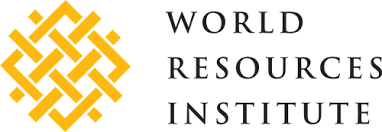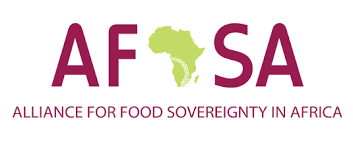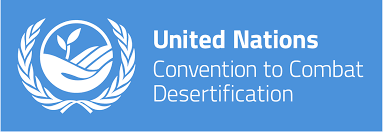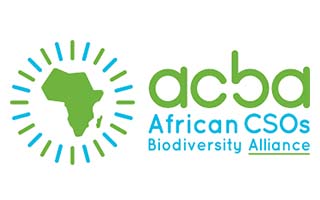"Africa and the Climate: an Opportunity to Adapt and thrive "

|
|
SeatDemocratic Republic of Congo |

|
climatechangeafricaopp@gmail.com |
"Africa and the Climate: an Opportunity to Adapt and thrive "

|
|
SeatDemocratic Republic of Congo |

|
climatechangeafricaopp@gmail.com |
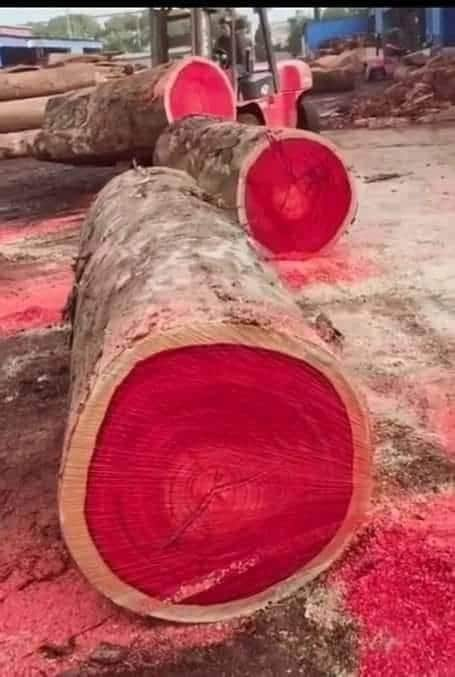
Despite the existence of a commission that had been set up by the MESD (Ministry of the Environment and Sustainable Development) with the mission of supervising and processing on a case-by-case basis, requests for acquisition and evacuation formalities redwood abandoned, seized and other cut before the ban on forestry activities Democratic Republic of Congo; illegal trade in redwood from forest blocks in Lwama-Kivu, Ngandja and Itombwe nature reserves is again reported in South Kivu in the eastern Democratic Republic of Congo.
This alert was launched last June 2020 by the Environmental Civil Society, including the NGO Climate Change Africa Opportunities (CCAO), which actively participated in a political dialogue on natural resources in South Kivu. These meetings brought together stakeholders including the technical services of the provincial government and the provincial ministry of the environment, civil society organizations members of the coalition for advocacy on natural resources in the DRC based in the province of South Kivu , representatives of local universities and site managers of parks and reserves in South Kivu under the management of ICCN. These meetings took place in Bukavu with the support of the World Wide Fund for Nature (WWF).
At the end of this dialogue, on protected areas in South Kivu and Maniema and according to the alerts provided by the alert committees which are operational natural resource governance structures set up in South Kivu in the form of observatory on natural resources at the initiative of the Environmental and Agro-Rural Civil Society of Congo SOCEARUCO, including the NGO Climate Change Africa Opportunities (CCAO), it has been foundwith bitterness as an illegal logging red from the landscape of the reserves of LWAMA-KIVU, NGANDJA, AND THE NATURAL RESERVE OF ITOMBWE. Hundreds of tonnes of redwood are cut from these forest landscapes in eastern DRC and sent directly to the countries bordering the DRC.
The situation is only getting worse, according to the warning committees. In the region these logs are used in traditional pharmacopoeia and as a coloring agent, however it is not for these properties that arouse the envy of the international market. It is indeed one of the species brought together under the misleading term of "pink wood" very appreciated by the Asian market for the manufacture of luxury furniture.
These timber are often stored and exported illegally through the port of Mushimbaki in Lake Tanganyika to FIZI via the island of Ubwari and sometimes to the port of Kalundu in Uvira. These tonnes of redwood are transported directly to Tanzania, Zambia, Burundi and other unknown foreign destinations.
Unfortunately, this illegal exploitation takes place without the knowledge of the provincial and national government but we note that there is a complicity of the supervisory services affected in the two transit ports including the DGDA, the DGM and the police of borders that could play the role of CITES enforcement on illegal trade from these protected areas.
In 2018, fourteen Chinese citizens had been accused of "illegal export" of Congolese redwoods were arrested Thursday in the south-eastern part of the Democratic Republic of Congo (DRC), an official source learned. "We have arrested Chinese illegal immigrants who cut red wood in our province," the interim governor of Haut-Katanga, Célestin Pande, told AFP. According to Mr. Pande, "17,000 tonnes of redwood had been effectively exported illegally to China" in four months via "Zambia". "We arrested 14 Chinese nationals who held [tourist] visas, but who were involved in the illegal logging and export of redwood," an official from the immigration service at the top confirmed on condition of anonymity. -Katanga.
The magazine "Jeune Afrique" had also alerted in 2018 on the exploitation of red wood and its impact on the environment in DRC, that: "If we are not careful, soon, the former Katanga will to find oneself in the situation of some regions of southern Africa, ”he warns. Local civil society is particularly concerned about the long-term indirect consequences of deforestation, such as those that led to the food shortages in Mozambique, the food crisis that hit Malawi last year or the worst drought to hit. the second largest city in South Africa.
The NGO Climate Change Africa Opportunities (CCAO) takes this opportunity to relay this alert so that international decision-makers can take up the issue in order to call on the countries of the Great Lakes region to respect international conventions on trade. rare endangered species.



